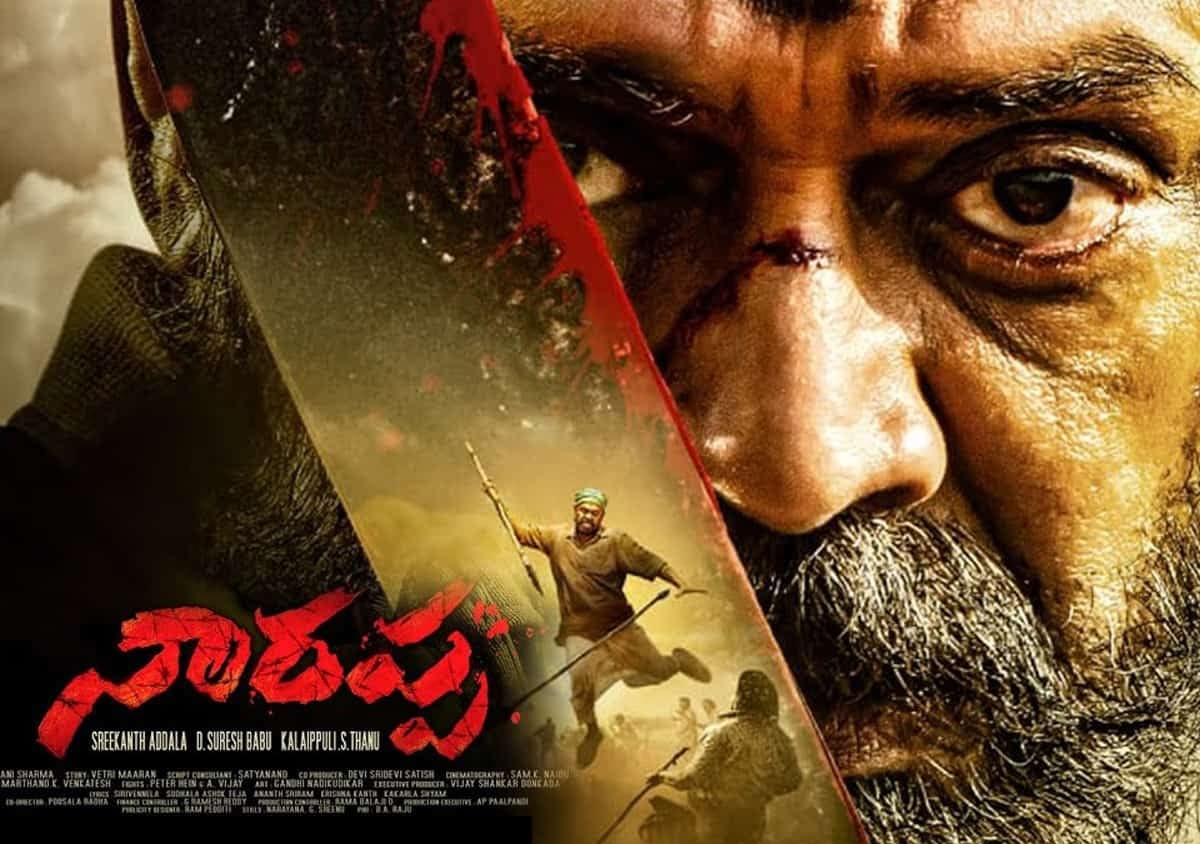
'Narappa', which is now streaming on Amazon Prime, is the latest OTT release in Telugu. Here is our review of the remake of the Tamil movie 'Asuran':
Story:
The story is set in Ramasagaram, a small village where the social hierarchy is oppressive. Narappa (Venkatesh) owns a family land, which is sought to be grabbed by the richest man in the village, Pandusami (Naren). Munikanna (Karthik Ratnam), the elder son of Narappa, rebels without the knowledge of his father. This sets off a chain reaction in which Sinappa (debutant Rakhi as Narappa's 16-year-old son), wife Sundaramma (Priyamani) and brother-in-law Basavayya (Rajeev Kanakala) have huge stakes. An existential drama follows.
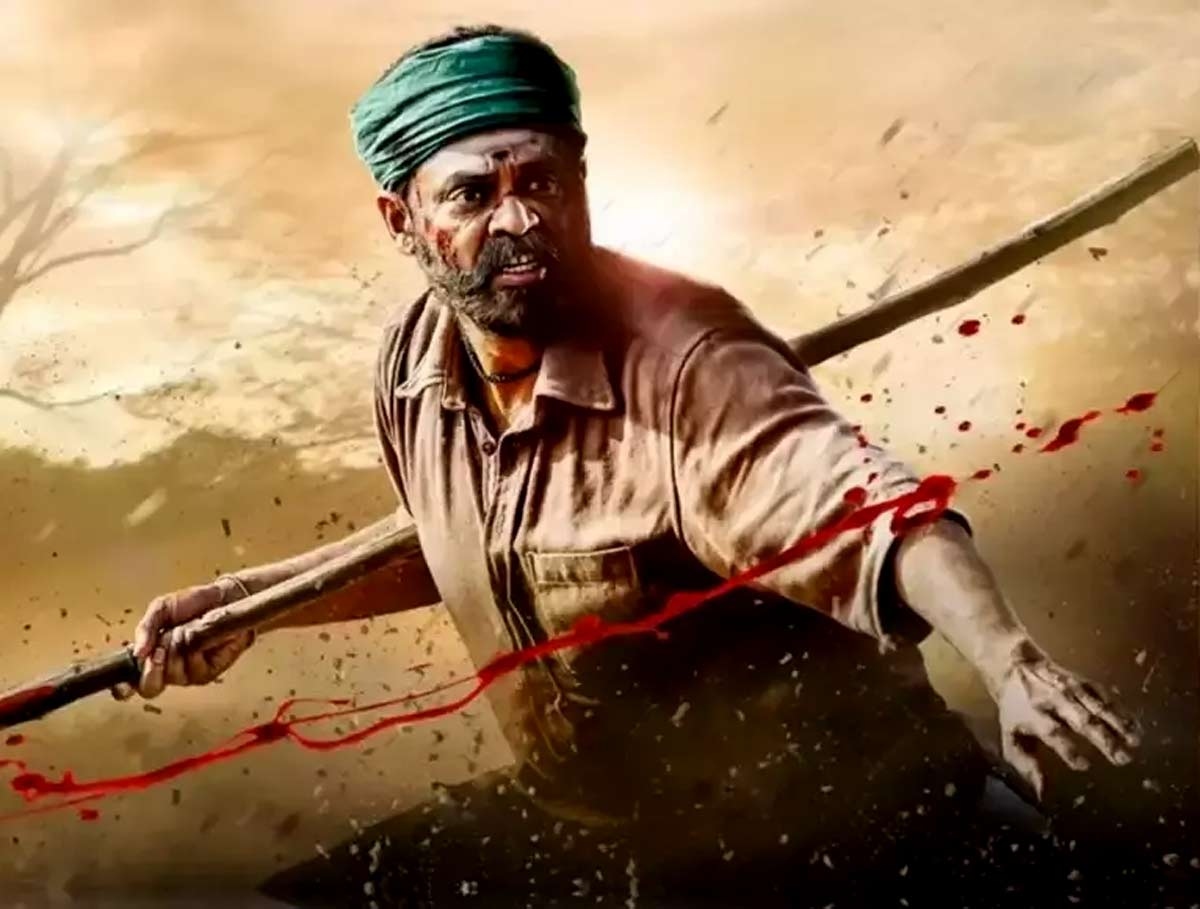
Analysis:
It's interesting that writer Vetri Maaran (also the director of the Tamil original, whose remake 'Narappa' is) makes the part-survival drama feel like a mass masala film. The interval block is defining, not just because of how Venkatesh's character undergoes a sudden, emotion-laden metamorphosis, but also because of how the stunt master Peter Hein literally extracts goosebumps. Add the BGM (intentionally and rightly borrowed from 'Asuran'), you have a deadly cocktail.

It's another matter that, after the gut-wrenching interval block, the audience is treated to a not-so-rousing flashback. But even when 'Narappa' doesn't entice the viewer with its sometimes inconsistent emotional arc, it quenches its audience's appetite somehow. Sometimes, it's the performances. At other times, it's the subtext.
When the characters are not hunting each other, a boar becomes the centre of a semi-allegorical stretch. When Narappa's son is about to get married, the screenplay smuggles in an old-fashioned but timeless line about what a man should be like vis-a-vis wives and mothers. Venky, who plays a 45-something father in the present (the present is set in the 1980s, while the flashback portions are set in the 1960s), doesn't shy away from mouthing lines that spell out his passiveness.
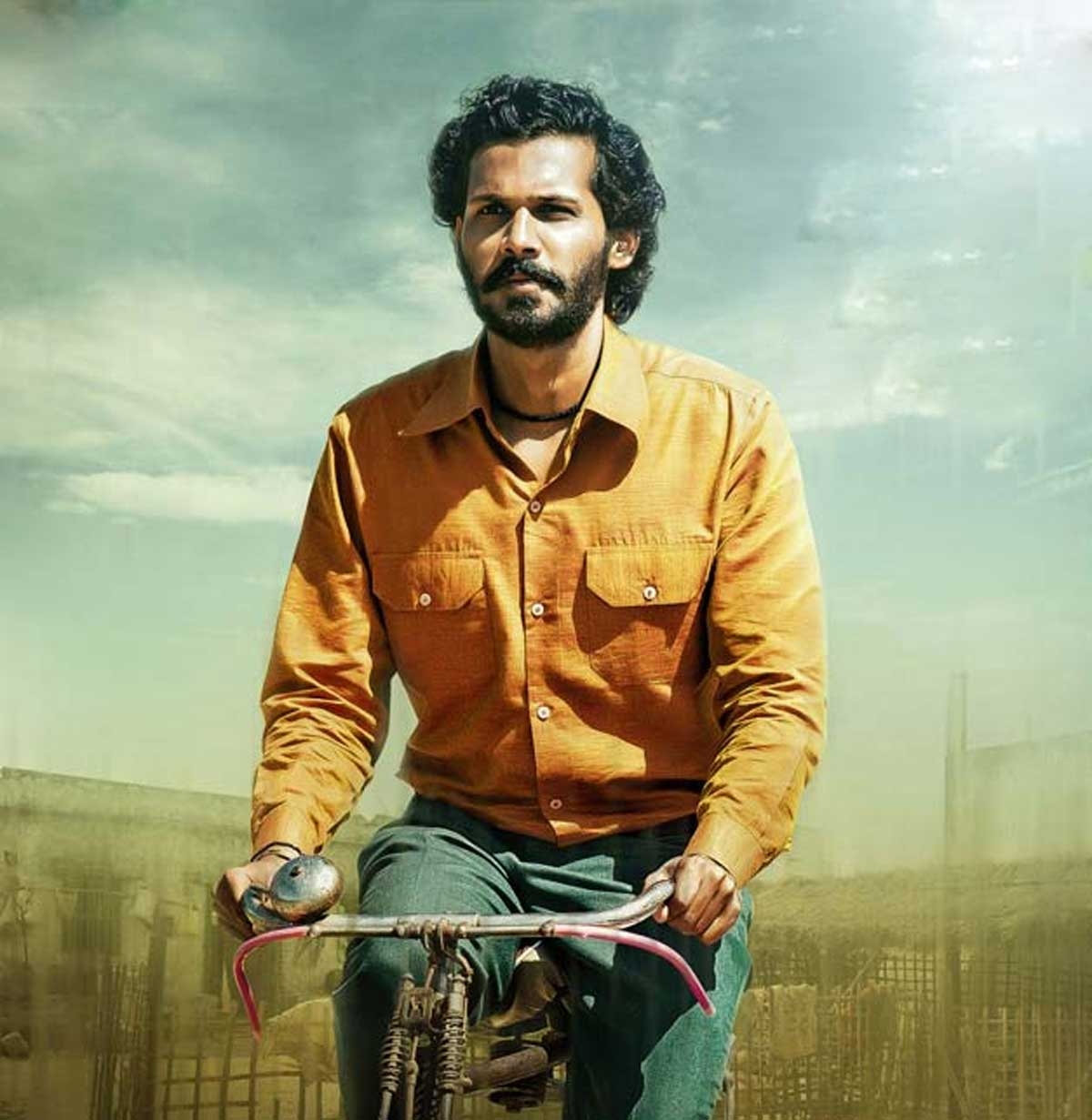
The scenes between the father and his two sons are an outstanding feature of the movie. They feel like portions gleaned from a novel (the film is based on a Tamil-language novel). On the downside, Priyamani's demeanour doesn't bring out her inner turmoil fully.
If Narappa is meek, one of the sons is seen as a headstrong rebel by the feudalists. Sinappa, the younger son, turns out to be more dangerous than he seems. The father is worried about the intrepid nature of his sons. The writing is unique insofar as these portions go.
When Narappa says that he is happy that only their pet has succumbed to an electric shock while they themselves were spared, we sense that he comes with a heavy past. Venkatesh's eyes express his pain. But elements like the villain waiting for the Panchayat election to be over and suchlike are too old-school.
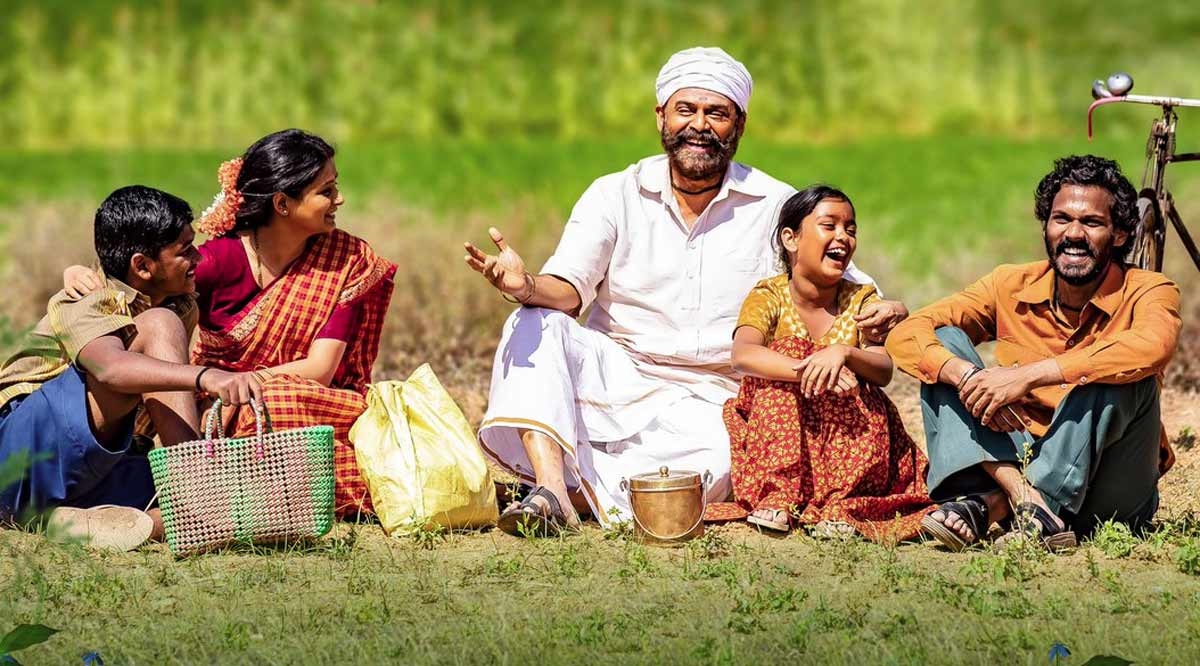
The family scenes are nuanced, while the second half (where Brahmaji's character spearheads a revolt) smacks of jaded tropes. There is an insensitive and cardboard-like policeman. While Narappa's feet are on an endless journey, the film itself seems to belabour to make a point. The film is dialogue-oriented to a large extent and therefore the lines should have hit home with a bang.
For all its flaws (including the not-so-gripping portrayal of the revenge-compromise rigmarole), 'Narappa' makes for an engaging watch. At 150 minutes, its narrative touches the raw nerve of caste-based hierarchies in the villages.

As performances go, besides the terrific Venkatesh, Karthik Ratnam and Rakhi do a stupendous job. Mani Sharma's music and Sam K Naidu's cinematography are adequate. Gandhi Nadikudikar's art direction lends the film a distinct touch.
Verdict:
'Narappa' balances its tenacious aesthetics with the action segments. Fine performances animate it to the core. But the second half lacks the ability to be immersive. There are too many cliches. Moreover, the BGM is not original, borrowed as it is from the source material.
Rating: 2.75 / 5.0
Showcase your talent to millions!!
Telugu Movie Reviews
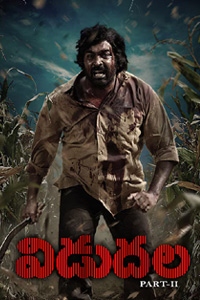 Vidudala Part-2
Vidudala Part-2
 UI
UI
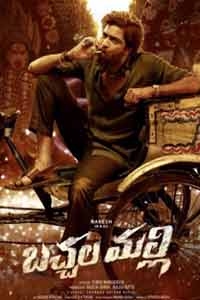 Bachhala Malli
Bachhala Malli
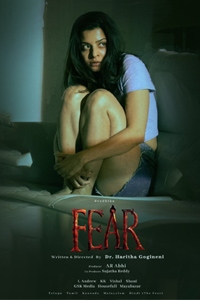 Fear
Fear
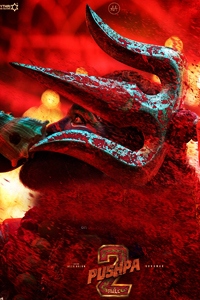 Pushpa 2: The Rule
Pushpa 2: The Rule
 Devaki Nandana Vasudeva
Devaki Nandana Vasudeva




Comments